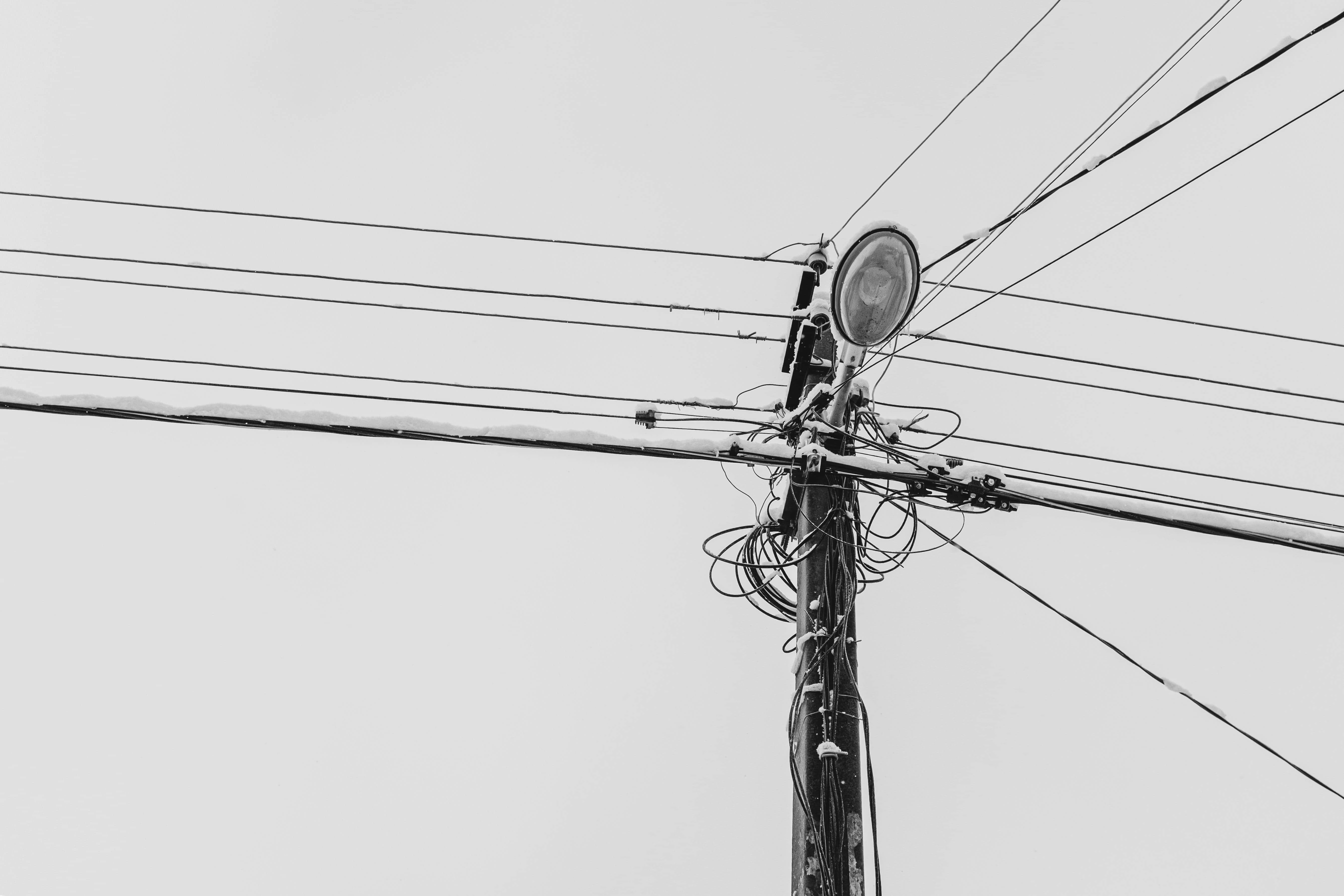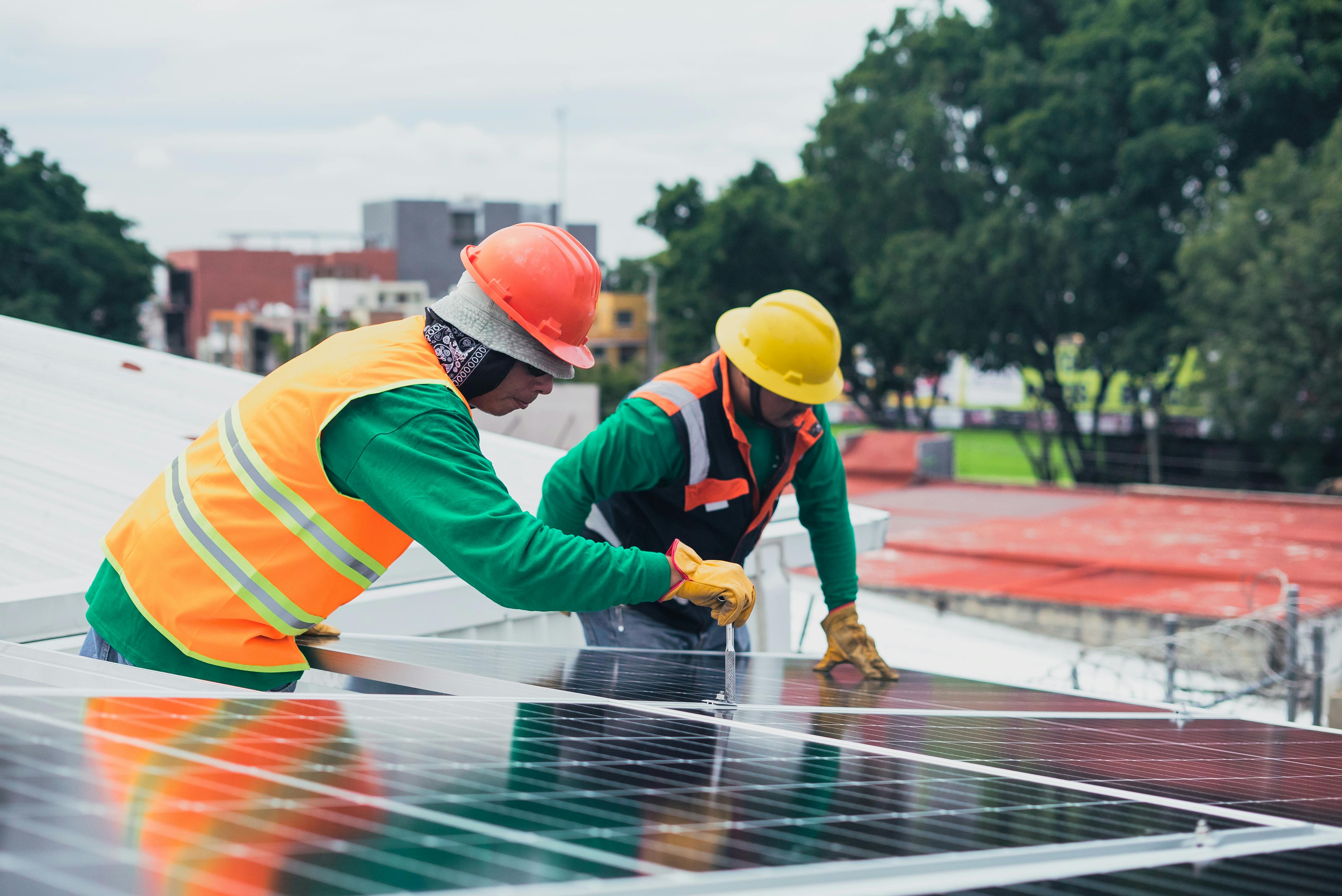
No Deposit Electricity, Get Electricity Without A Credit Check
Learn how you can avoid or reduce your electricity deposit.
Some electric companies charge a deposit to turn on the power to your home or business. In many cases, the deposit is in the range of $200-$500. Not exactly spare change.
Deposits are typically required if you have low or no credit, but there are other circumstances that a provider may ask for a deposit. New service locations, businesses, and other situations will often flag you as a risk — even if you have a good credit history.
Most people would prefer not to have to pay hundreds of dollars out of their pocket in advance.
Here’s how you can reduce or avoid paying a deposit to start your energy plan along with some tips if you're wondering why your power company is asking you to pay a deposit.
Get Electricity Without A Deposit or a Credit Check
If your provider is asking for a deposit the first thing you should do is see all your options. The easiest way to do this is by using our marketplace to compare rates and check deposit requirements from dozens of providers in one place. You can get started here.
If you are still having issues there is a solution for getting electricity without a credit check or a deposit: prepaid energy plans.
Prepaid electricity plans work differently than typical energy plans that require a deposit or credit check.
Instead of paying for your bill for the amount of electricity you used after you used it, you add funds to an account and your provider will deduct money daily as you use electricity. Think of it as a debit account for your power bill.
Prepaid Electricity Companies
If you are looking for a no-deposit electricity plan that doesn't require a high credit score, this is for you.
Payless Power
Payless Power is your best option for a prepaid energy plan. You can sign up and get electricity without an upfront deposit. Their customers are instantly approved and the only requirement is a quick form with your contact and service information.
Once you connect your payment method you will be eligible to get same-day service and no deposit electricity without a credit check.
Pogo Energy
Pogo Energy is a provider with no-deposit electricity plans. Just like Payless Power, they offer a no-deposit electricity plan with no credit checks.
Other Companies with No Deposit Electricity Plans
Electricity rates and plans change daily. Before you sign up make sure you explore all of your options.
Our marketplace can use your home's usage data and preference for no-deposit electricity plans to help match you with the best no-deposit options.
To get started comparing no-deposit light companies click here.
Frequently Asked Questions about No-Deposit Electricity Plans
Why do electric companies charge a deposit?
Electricity companies generally charge a deposit because they are trying to avoid potential shut-off for nonpayment.
When you sign up with a provider they will run a soft credit check as a way to gauge your creditworthiness. If your credit score isn’t within their threshold, or you don’t have enough credit history they will likely ask you to pay a deposit.
The credit check is a way for the provider to gauge your likelihood of paying your electric bill on time. Since energy providers pay for the electricity you use in advance it means that if you don’t pay your bill they don’t get their money back.
How much is an electricity deposit?
The average deposit for electricity is $150-300 dollars for residential customers but can be much higher for businesses. Businesses use more electricity so energy companies will ask for a larger deposit because they are taking on more risk if you don’t pay your energy bill.
Where does my deposit go?
If you end up paying a deposit, it's not all for nothing. Your power provider will hold your deposit and after paying your bills on time for several months they will likely use your deposit as a bill credit.
What companies offer no deposit plans?
Energy providers use different factors to determine if a customer requires a deposit to start service. Most companies have plans that do and do not require a deposit.
If you try signing up with one company and get asked to pay a deposit you can try another company to see if you better fit their guidelines.
How to avoid paying an electricity deposit
The easiest way to avoid credit checks and get a no-deposit electricity plan is to enroll in a prepaid plan.
If you need help avoiding a deposit for your electricity provider our support team can help you navigate the various plans available.
Some providers will allow you to pay a slightly higher electricity rate in exchange for avoiding a hefty deposit. But be careful, you may end up paying substantially more in total by taking the higher rate even if it's just a 1-cent per kilowatt-hour difference.
If you are unsure what the best option is, contact our support team and we'll point you in the right direction. In most cases, we can eliminate or reduce your electricity deposit by finding plans that better fit your energy profile.
Who qualifies for electricity without a deposit?
If you have a credit score of 600 or higher you will most likely not be asked to pay for an electricity deposit.
Additionally, if you are shopping for a business that is already established in a location and paid your electric bills on time you will probably not be asked to pay a deposit.
How to get electricity same day without a deposit
Even if you have a good credit score and wouldn’t normally have to pay a deposit for electricity, you may be asked for a deposit to turn on your power the same day or the next day.
This is different from a traditional electric deposit because it’s a fee that you will not receive credit for on a future bill. Think of it as paying for next-day shipping. You are paying for convenience.
Getting an immediate start date set up with an energy provider can be hard. If you are desperate to get your power turned on contact our support team. They can get your energy turned on as quickly as possible and help you evaluate any fees.
What power company does not require a credit check?
Some companies offer prepaid energy plans that do not require a credit check or at least as strict of a check.
Prepaid plans mean that you pay for your energy before you use it. Like a gift card, you prepay for your electric bill, and then the provider debits your account as you use it.
Do credit checks for an electricity plan hurt my credit?
Electricity companies use a light credit check to see your score. Light credit checks do not harm your credit. Learn more about soft credit checks here.
Can you get power with bad credit?
Yes, anyone can get the power turned on even with bad credit. If you have poor credit history you may have to pay a deposit or sign up for a prepaid energy plan. In almost every scenario you can get your power turned on.
If you are having trouble finding a plan, contact our support team who can walk you through everything you need to get your lights turned on.
Written by Thad Warren
Thad is a native Texan who has worked in the energy industry for just over 5 years.
Connect
Recent Posts
Road to Recovery: Fort Worth homeowners receive $27 million after 2021 Winter Storm Uri
Fort Worth residents are still recovering from the havoc caused by Winter Storm Uri in 2021, but now relief is on the horizon in the form of $27 million in grants.
September 2025

3 minutes

How does the Texas Electricity Grid work?
No one ever seems to think about the power until it goes out and Texans know that better than anyone. Between the dumpster fire that was Winter Storm Uri in 2021 and more frequent and intensifying weather related events, residents of the Lone Star State are forced to reckon with the power grid more than they’d like.
February 2026

4 minutes

Building Resilience: How the Texas Grid is Holding Up 5 Years After Uri
Despite concerns, the Texas electrical grid withstood Winter Storm Fern’s snow and ice relatively easily. Aside from some minor outages in the eastern part of the state, power lines remained strong even in the worst of things. So, what made things different this time around? Will Texans have to worry about another “Snowpocalypse” in the future?
January 2026

4 minutes


.jpeg)
